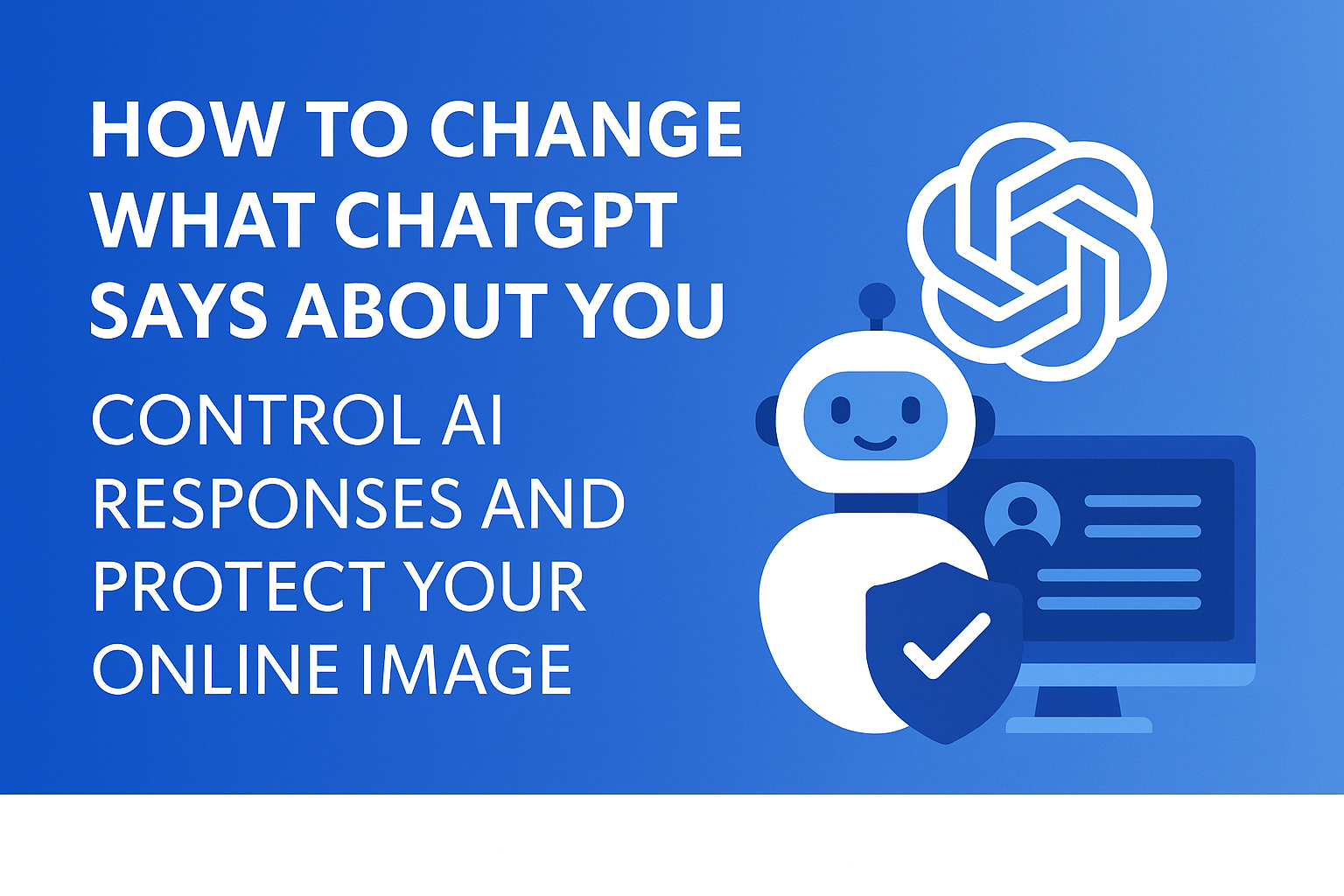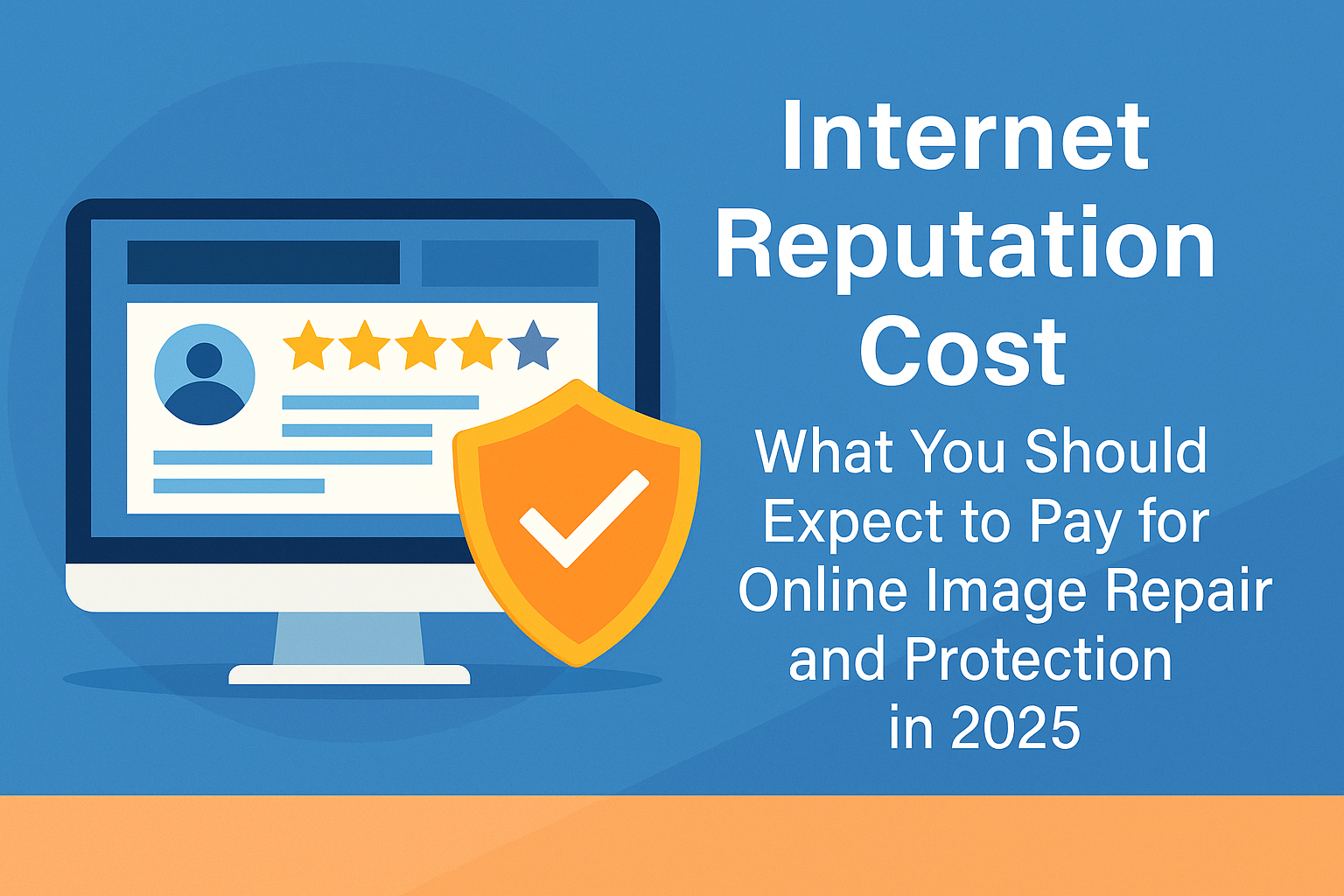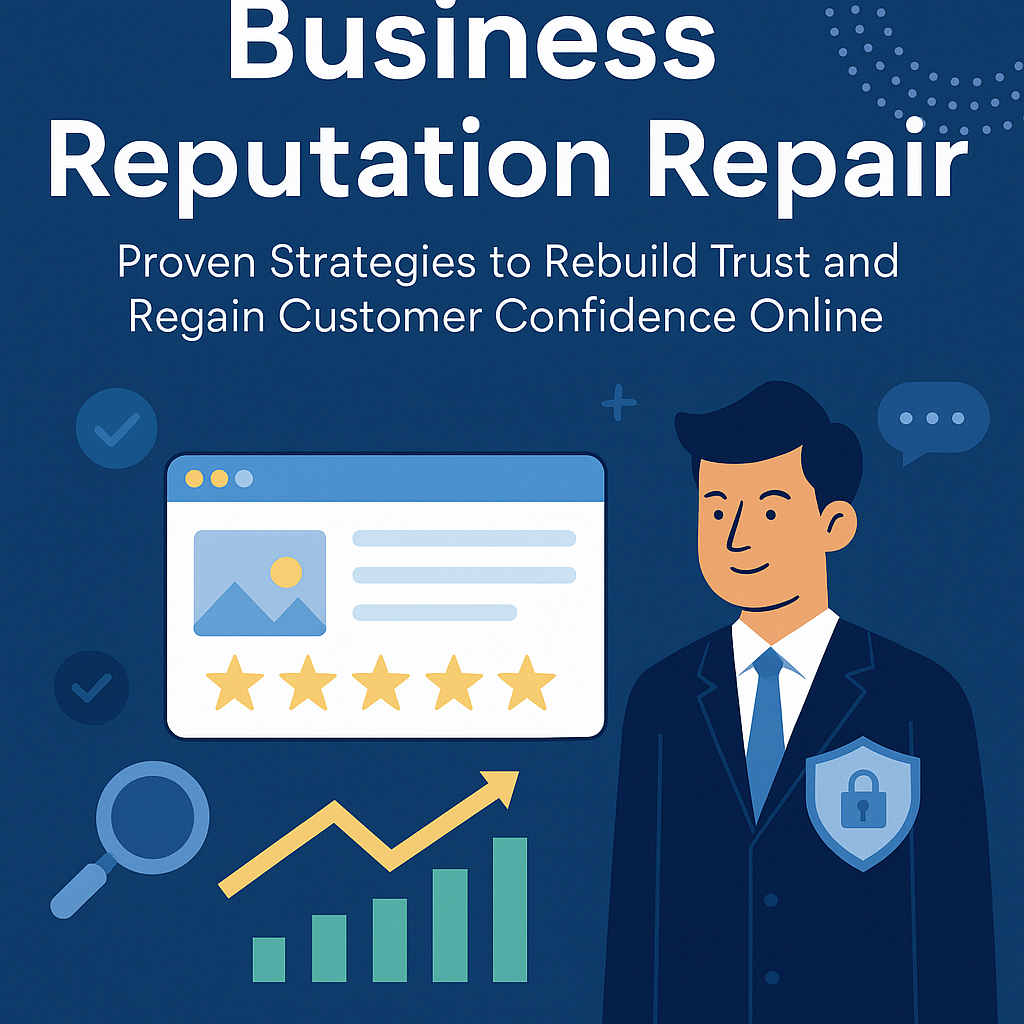Why What ChatGPT Says About You Matters
AI-generated content is shaping online narratives like never before. With ChatGPT being widely adopted for customer support, research, business analysis, and even legal inquiries, what it “knows” about you can carry consequences.
A single AI response can:
- Influence hiring decisions
- Impact client trust
- Misinform users about your background or business
- Perpetuate outdated or incorrect information
When ChatGPT pulls from outdated, third-party sources, it may reflect an unflattering or misleading portrayal. That’s why controlling your AI footprint is just as important as managing your Google results.
How ChatGPT Sources Information
Before trying to influence ChatGPT, it’s essential to understand how it operates.
ChatGPT’s Knowledge Sources
ChatGPT is trained on a massive set of publicly available internet data up to a specific cutoff date. It cannot browse the internet in real time (unless web-enabled) and doesn’t “know” anything post-cutoff unless retrained or updated by OpenAI.
It relies on:
- Books and encyclopedias
- Web pages and blogs
- Forums and FAQs
- Wikipedia and knowledge bases
What This Means for You
If incorrect data about you exists online and is publicly accessible, there’s a chance ChatGPT has absorbed it and can reproduce it in answers. That content won’t change unless:
- It’s removed from public access
- It’s countered with better-ranking, more authoritative content
- OpenAI manually updates or curates its model training
How to Influence What ChatGPT Says About You
1. Audit Your Online Identity
Start with a full assessment of your online footprint. Search your name or brand on Google, DuckDuckGo, and Bing.
Include:
- News articles
- Social media posts
- Blog mentions
- Online reviews
- Wikipedia entries
2. Identify Negative or Inaccurate Data
Make a list of all content that:
- Is factually incorrect
- Paints you or your business in a negative light
- Is outdated or no longer applicable
Use tools like:
3. Cross-Platform Content Correction
Don’t just fix your website. Ensure consistency across all high-authority platforms, including:
- Crunchbase
- AngelList
- YouTube
- GitHub (for developers)
- Academia.edu or ResearchGate (for academics)
4. Set Up a Knowledge Panel
Google’s Knowledge Panel is a semi-automated display but can be influenced by structured data, schema, and consistent branding. The more Google understands your identity, the more likely AI models will follow suit.
Methods to Change What ChatGPT Says About You
Remove False or Defamatory Content
If outdated or incorrect content is hosted on third-party sites:
- Reach out to site admins: Request removal or updates.
- Use legal tools: For copyright violations or defamation, submit DMCA notices or file complaints.
- Leverage Google’s outdated content removal tool: Search Console Tool
Publish Authoritative, Updated Content
AI models are more likely to echo widely referenced, high-ranking sources.
Tactics:
- Launch a personal website with SEO-optimized pages
- Claim top social media profiles: LinkedIn, Twitter (X), YouTube, Instagram
- Write long-form bios, CVs, and About pages
- Create a personal brand narrative on platforms like Medium or Substack
Schema and Structured Data Markup
Use structured data (schema.org) to describe yourself clearly:
<script type="application/ld+json">
{
"@context": "https://schema.org",
"@type": "Person",
"name": "John Doe",
"sameAs": [
"https://www.linkedin.com/in/johndoe",
"https://twitter.com/johndoe"
],
"url": "https://www.johndoe.com",
"jobTitle": "Cybersecurity Consultant"
}
</script>SEO Strategy to Reframe AI Narratives
Optimize for High-Intent Keywords
Write blog content about yourself using intent-rich keywords:
- “[Your Name] entrepreneur journey”
- “Interview with [Your Name]”
- “What happened to [Your Name]?” (to reframe narratives)
Link Building
Boost the authority of your new content:
- Submit guest posts with backlinks
- Syndicate on Medium, Quora, LinkedIn
- Create YouTube videos and transcripts
- Embed links in reputable forums or Q&A sites (e.g., StackExchange, Reddit, Quora)
AI Feedback Loops
Tools like ChatGPT reference structured patterns. If your branded content is consistent across platforms and receives search traffic, it becomes a feedback loop of authority.
Public Databases
Ensure professional profiles like Crunchbase, AngelList, IMDB, or public court databases are either updated or removed (where eligible).
Use Third-Party Citations
Earn citations from trusted third-party platforms such as:
- Google Scholar
- Bloomberg
- Forbes Council pages
- Press release networks like BusinessWire or PR Newswire
This makes AI more likely to reference reliable sources.
Contacting OpenAI: Can You Change AI Output Directly?
While OpenAI does not provide public editing of its model’s knowledge base, it has begun exploring Memory features and entity-based AI corrections.
Steps to Take:
- Contact OpenAI at https://help.openai.com with corrections
- Flag incorrect outputs via the thumbs-down tool in ChatGPT
- Request notability changes if your entity is frequently misrepresented
While results are not guaranteed, community feedback is increasingly shaping AI behavior.
Legal and Privacy-Based AI Controls
AI companies are under increased scrutiny for misinformation.
Global Frameworks You Can Use:
- GDPR Article 17: Right to Erasure in the EU
- California Consumer Privacy Act (CCPA)
U.S.-Specific Tools
- File complaints with the FTC for misleading AI usage
- Use reputation management services with takedown expertise
- Send cease and desist letters for defamatory third-party content
While these don’t guarantee AI memory deletion, they allow takedown of indexed sources, which in turn alters what AI tools pick up.
Optimize Up: Your Ally in AI Reputation Control
Optimize Up offers:
- Custom branded content packages
- Reputation suppression SEO
- Privacy-based takedown strategies
- Google and AI narrative repair
- Long-term monitoring of your online identity
📩 Book a Free Reputation Audit Today
Let our specialists help you influence not just Google, but AI-powered platforms like ChatGPT.
Frequently Asked Questions
No, but you can influence it by removing the original data sources or providing better ones.
If OpenAI retrains the model or integrates memory tools, yes. For now, content must be removed at the source.
Yes—especially if you’re correcting false or misleading information.
You can request source takedowns and submit correction requests to OpenAI.
It varies. Google updates may take weeks. AI model changes may take longer and depend on retraining cycles.
Absolutely. We provide custom services tailored for AI-influenced platforms like ChatGPT.
Yes. Schema helps structure how entities like ChatGPT interpret your personal brand.





